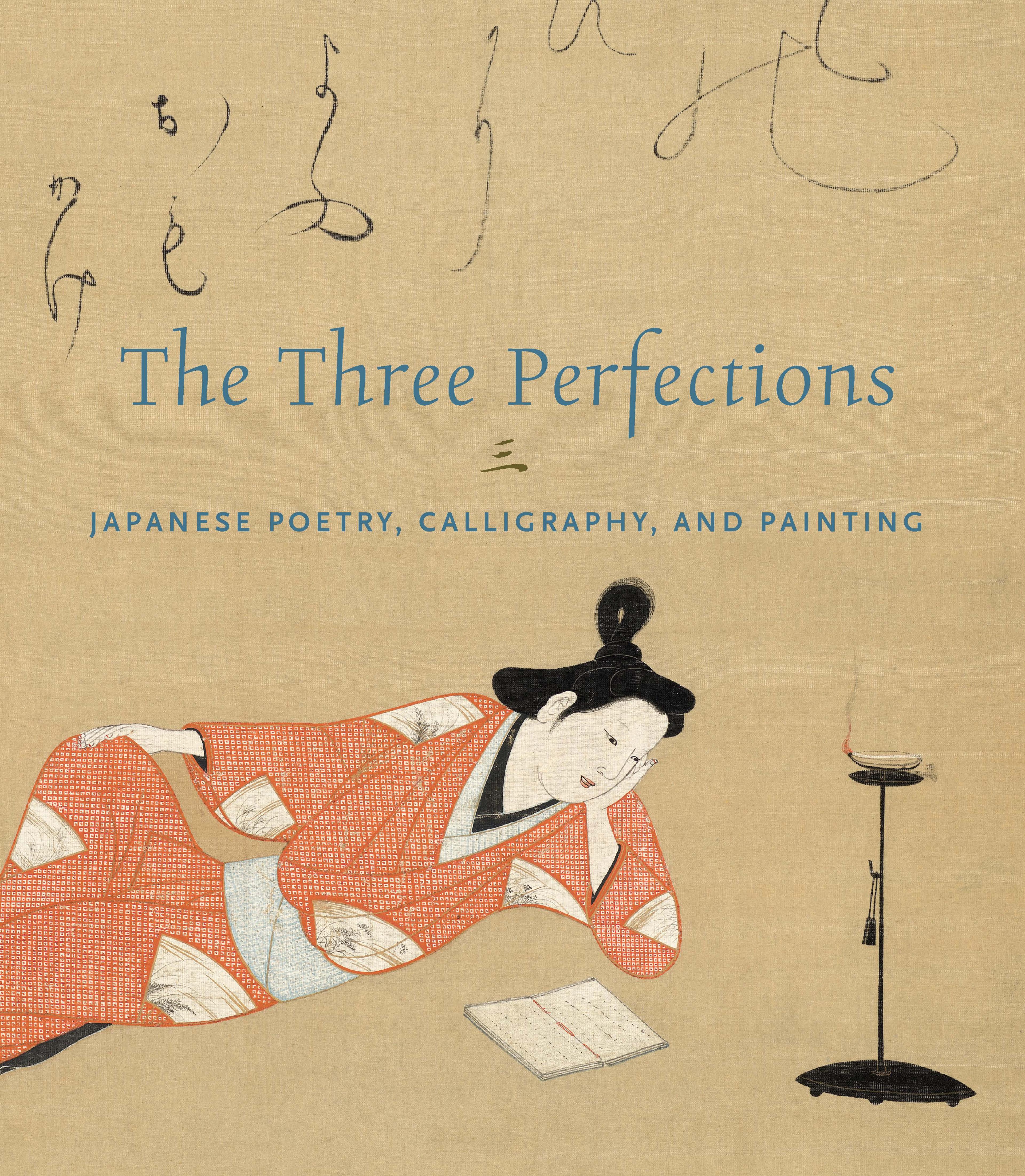Chinese Poem on Zen Meditation
Feiyin Tongrong was a Chinese monk who advocated a reassessment of Chan (Zen) practice and its transmission through history, asserting the superiority of the Linji (Rinzai) sect over that of the Caodong (Sōtō). Although he spent his entire life in China, his disciples traveled to Japan, where they established Manpukuji Temple as the center for promoting Feiyin’s ideas. This poem, inscribed in cursive script, conveys Feiyin’s wish to impart his teachings:
参禅参到獨知時 得意分明挙似誰
但看普天秋月夜 一輪彌満照前渓
I’ve done Zen meditation to the point
where I alone get it;
Understanding and clarity,
to whom might I pass this on?
All I see on this night of the autumn moon
is how it fills the heavens,
A single wheel effulgently
illuminating the stream before me.
—Adapted from Jonathan Chaves
参禅参到獨知時 得意分明挙似誰
但看普天秋月夜 一輪彌満照前渓
I’ve done Zen meditation to the point
where I alone get it;
Understanding and clarity,
to whom might I pass this on?
All I see on this night of the autumn moon
is how it fills the heavens,
A single wheel effulgently
illuminating the stream before me.
—Adapted from Jonathan Chaves
Artwork Details
- 費隱通容筆 五言絶句「参禅」
- Title: Chinese Poem on Zen Meditation
- Artist: Feiyin Tongrong (Chinese, 1593–1661) (Jpn. Hiin Tsūyō)
- Period: Ming dynasty (1368–1644), Edo period (1615–1868)
- Date: mid-17th century
- Culture: China/Japan
- Medium: Hanging scroll; ink on paper
- Dimensions: Image: 16 13/16 × 22 7/16 in. (42.7 × 57 cm)
Overall with mounting: 57 3/4 × 25 9/16 in. (146.7 × 65 cm) - Classification: Calligraphy
- Credit Line: Mary and Cheney Cowles Collection, Gift of Mary and Cheney Cowles, 2019
- Object Number: 2019.420.16
- Curatorial Department: Asian Art
More Artwork
Research Resources
The Met provides unparalleled resources for research and welcomes an international community of students and scholars. The Met's Open Access API is where creators and researchers can connect to the The Met collection. Open Access data and public domain images are available for unrestricted commercial and noncommercial use without permission or fee.
To request images under copyright and other restrictions, please use this Image Request form.
Feedback
We continue to research and examine historical and cultural context for objects in The Met collection. If you have comments or questions about this object record, please contact us using the form below. The Museum looks forward to receiving your comments.
